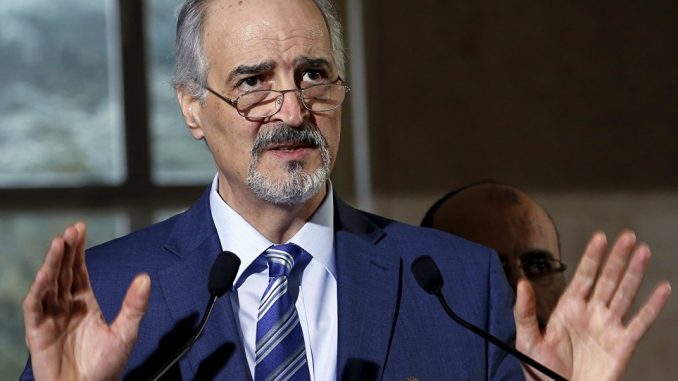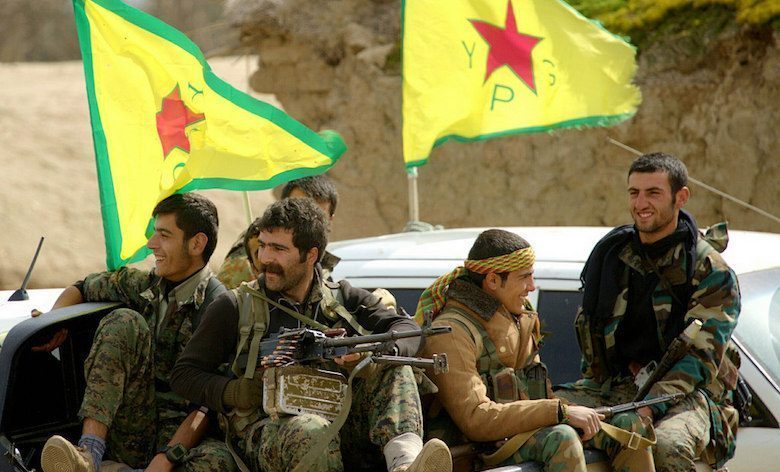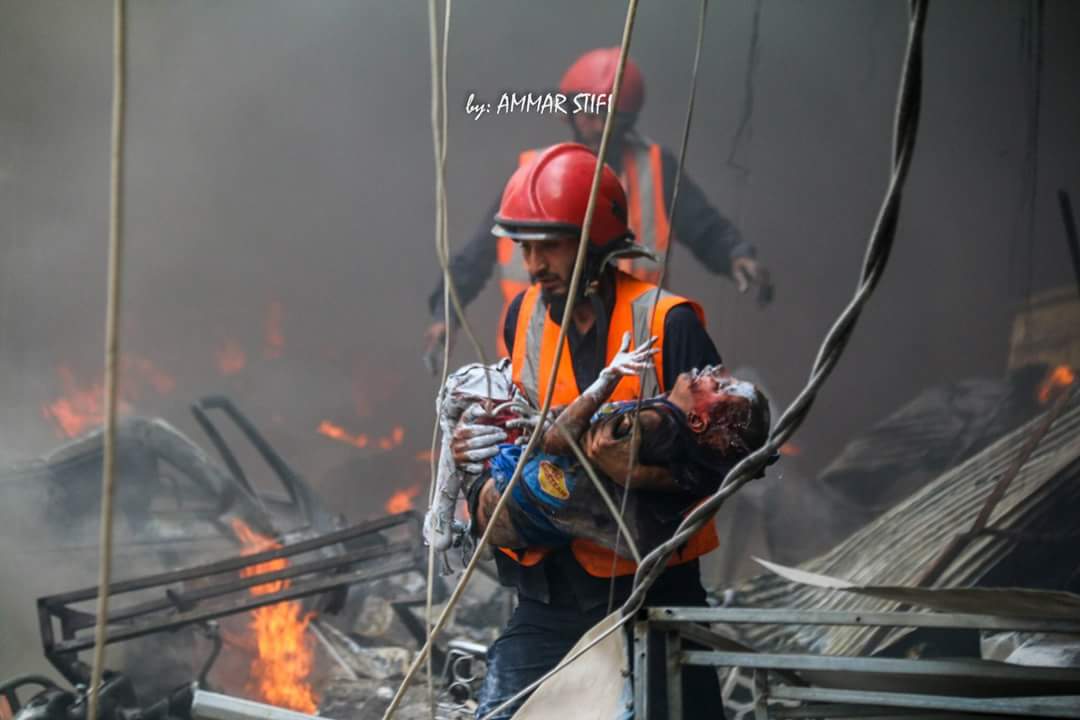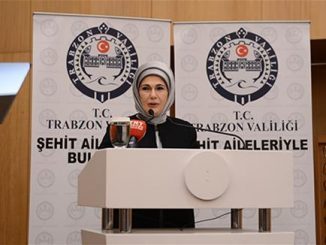
The two suicide bombings in Syria’s Homs against security branches has cast its shadows on the new round of peace talks in Geneva, as the each side accused the other of using these attacks to achieve its goals.
Saturday’s attack in Homs began with clashes near a branch of military security in al-Mahatta district and a branch of state security in al-Ghouta district before suicide bombers struck in both locations, state media reported.
The UK-based Syrian Observatory for Human Rights (SOHR) said on Saturday that loud explosions and gunfire were heard following the assault in Homs.
“There were at least six attackers and several of them blew themselves up near the headquarters of state security and military intelligence,” Rami Abdel Rahman, SOHR’s director, told AFP news agency.
Bombers engaged in prolonged gun battles with intelligence officers before detonating their explosive vests.
The insurgent alliance known as Tahrir al-Sham, which was formed earlier this year from several groups including Jabhat Fateh al-Sham, declared that it was behind this attack.
The attacks come as negotiators continue talks for the second day in Geneva and were the main issue on Saturday.
A game played by the regime
Issam al-Reis, the spokesperson for the Southern Front branch of the Free Syrian Army (FSA), accused the Assad government of staging the attacks to influence the Geneva talks.
“During the last Geneva talks an explosion happened in the government area of Sayyda Zeinab, but now we’re talking about military and security branches, which is a military zone inside the [Homs] Green Zone. No one is allowed to enter these areas – not even close,” he said.
“So obviously this order is coming from the same branch to make these explosions because the pressure the regime is getting from Russia to be in the ceasefire may have pushed the regime to find an excuse to launch an attack.”
“We condemn all terrorist acts [carried out] by all terrorist groups. If the Homs operation was done by any of those, it is clear what I say,” Nasr al-Hariri, the leader of Syria’s main opposition group, the High Negotiations Committee (HNC), told journalists.
However, he added that “the Syrian government in Damascus was the primary sponsor of terrorism.”
Col. Faleh Hassoun, another member of the delegation, cast doubt on who was behind the attack, pointing out that only those with security clearance could access such an area.
He told reporters “what really happened today we can call it liquidation by the regime of those who are wanted by international courts.” He said the brigadier general who was killed Saturday is accused in the killing of Rafik Hariri, the Lebanese premier who was assassinated in 2005. Many believe the government in Damascus was behind the assassination, and that it is working to clean every trail that links it to the incident, especially the officers who planned and conducted it.
Undermining the Geneva peace process
The office of UN Syria envoy De Mistura also said that the “horrific terrorist attack” in Homs was aimed at undermining the Geneva peace process.
“Spoilers were always expected, and should continue to be expected, to try to influence the proceedings of the talks. It is in the interest of all parties who are against terrorism and are committed to a political process in Syria not to allow these attempts to succeed,” the statement from the envoy’s office said.
De Mistura expressed hope that this terrorist attack would not affect the course of the Syrian reconciliation talks in Geneva.
“the terrorist explosions that hit Homs city are a message to Geneva from sponsors of terrorism, and we tell everyone that the message is received and this crime won’t pass unnoticed.”
“Battling terrorism and condemning it”
He added that his efforts now will be only focused of battling terrorism.
“I have just met with Staffan de Mistura. The meeting lasted 2.5 hours. The issue was combating terrorism. We requested de Mistura to issue a statement to condemn terrorist suicide attack by al-Nusra Front [terrorist organization] and partners in Homs today… We also requested de Mistura to ask other groups (at the talks), opposition platforms, to do the same,” Jaafari told reporters.
“What happened today casts shadows on Geneva process. It was also a political attack,” Jaafari said.
Jaafari also said that the Damascus delegation to Geneva talks has not yet discussed a procedural paper of UN Special Envoy for Syria Staffan de Mistura containing suggestions on the format of the current round of talks.
“We have not yet reached that paper, we have not discussed it, because we are now discussing terrorism,” Jaafari told reporters after a meeting with de Mistura.
Jaafari also said that Damascus is ready to sit at one negotiating table only with a unified opposition delegation, provided it condemns terrorism, adding that Damascus will view opposition groups that refuse to condemn the attacks as accomplices of terrorists.
“We urge UN Special Envoy for Syria Staffan de Mistura to address all the platforms [of the opposition], participating in the Geneva talks, to condemn the attack in Homs,” Jaafari told reporters after a meeting with de Mistura.
“We have only one condition to sit with one unified patriotic opposition that we can see as a partner… an opposition that condemns terrorism and does not work for foreign agenda,” Jaafari added.
“If anyone refuses, we will see them as an accomplice to terrorism and act accordingly,” Jaafari added.
The Syrian crisis began as a peaceful demonstration against the injustice in Syria. Assad regime used to fire power and violence against the civilians and led to armed resistance. 450.000 Syrians lost their lives in the past five years according to UN estimates, and more than 12 million have lost their homes.



